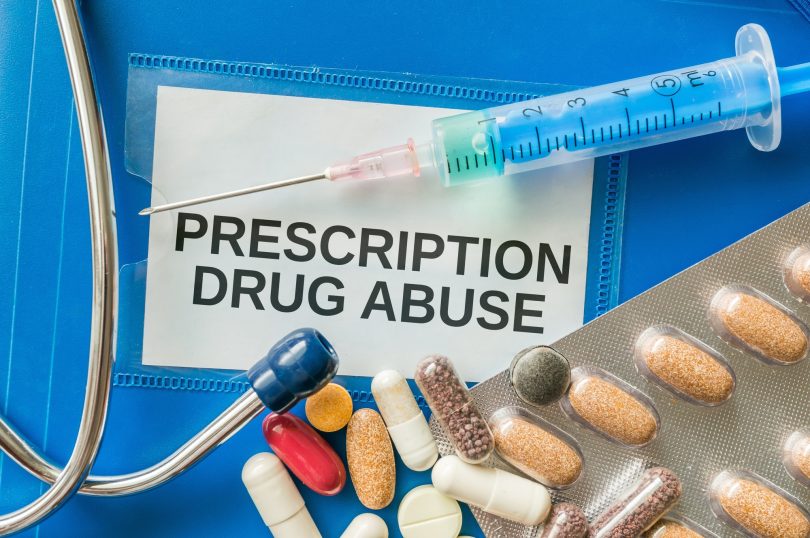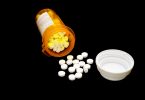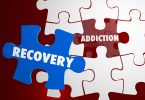More than 16 million Americans abuse prescription drugs each year, according to the National Center for Drug Abuse Statistics. Prescription drug abuse affects your health, relationships, employment, and more. Getting your prescription drug addiction under control is essential for living a good life.
You must understand your addiction by recognizing the signs, including changes in physical appearance and a lack of interest in life. Treatment includes realizing you have a problem and seeking professional help.
Here’s more on how to recognize and treat prescription drug addiction.
Recognizing Prescription Drug Addiction
You may not realize your own misuse of prescription drugs. Family, friends, and co-workers may see the first signs and symptoms in many cases.
Changes in Physical Appearance
Sloppy dress, dirty clothes, messy hair, and body odors can be the first signs when there’s a misuse of prescription drugs. Not caring about what you look like when you see friends and family or go to work will signal that something is wrong.
Your eyes might be bloodshot. There could also be wild swings in weight loss or weight gain.
Lack of Interest
Many things can contribute to a lack of interest, including not showing up for appointments on time or being careless about your diet or attitude. You may come to work each day with a ‘whatever’ feeling, thanks to your misuse of prescription drugs.
Behavior
Aggressive or passive behaviors could be a problem, especially when you are told you can’t get access to prescription drugs. You may become agitated, angry, or abusive.
When people ask you about possibly being addicted to prescription drugs, you might become defensive. You might even dissolve relationships because of the problem.
Money Troubles
Are you constantly asking others for money to support your habit? Constantly being broke can be a sign you have an addiction to prescription drugs. Moreover, if there are legal troubles with stealing and theft, drug abuse could be a sign.
You might not be able to pay bills on time.
Decline in School-Related Activities
For those in school, dropping grades or disinterest in sports or social activities could signify prescription drug abuse. Perhaps you were once a top scholar or athlete, and things suddenly changed.
Treating Prescription Drug Addiction
You don’t have to live in fear if you or a family member becomes addicted to prescription drugs. Treating a prescription drug addiction comes with much success. Nearly three out of four people who get treatment for addiction to prescription drugs recover, according to data provided by the CDC.
One of the first steps when seeking treatment for addiction to prescription drugs is realizing you have a problem. You understand the situation better than anyone else. Once you realize there’s an addiction, you can then get help.
Professional Help
Getting professional help for your prescription drug addiction is your best bet in getting back on your help.
Intervention
A professional rehab center can conduct an intervention. You’ll learn about manipulation and how to deal with your loved one.
You will help your family member or loved one see the self-destructive behaviors caused by their prescription drug abuse.
Detox
A detox center helps eliminate prescription drug abuse from your life. Skilled medical experts will determine how to eliminate the drugs, then begin treatment.
It will take up to 10 days to ‘detoxify’ your system of prescription drugs.
Actionable Plan
Rehab experts will develop an actionable plan based on your needs and situation. You will get customized treatment in learning how to battle your daily demons and maintain your sobriety.
You will get goals, guidelines, and methods to live your best life.
Support
A professional support system is best – full of counselors, psychologists, nurses, doctors, and psychiatrists. While family and friends can be good sounding boards, knowledgeable people in the field must help you battle your addiction.
Insurance
Health insurance companies must cover basic drug treatment. However, it’s best to check with your insurance plan to find out what is (and is not) covered.
Insurance helps cover the essential costs and will help ease your financial burden. Many people may not seek treatment if money is a barrier.
Health insurance companies treat drug treatment as treating the “overall person.” Many believe if you can rid your body of a prescription drug addiction, you’ll lead a healthier life overall.
If you have a pre-existing condition, you can’t be denied coverage. As soon as your coverage starts, your insurance company must treat your condition, including prescription drug abuse.
Employers often want to keep good employees, especially those struggling. Check with your human resources executive about treatment options. You may get more help than you think.
Also, check with your employer about a health savings account so you can save money throughout the year for treatment options. Many treatment centers will work out a payment plan when certain services are not covered.
Harms in Avoiding Treatment
There is plenty of harm in avoiding treatment thanks to the dangers of prescription drugs, including family issues such as a divorce or damaged relationships with your children. You could also lose your job and income and become ‘unemployable.’
A severe addiction could lead you to a life of crime or be involved in other illegal activities.
Moreover, the dangers of prescription drugs could also mean physical changes in your body. You may damage your organs. Specific treatments may no longer be adequate for life-threatening conditions.
You also may cut your life expectancy.
How to Recognize and Treat Prescription Drug Addiction
Recognizing a prescription drug addiction includes a change in physical appearance, lackluster attitude, or behavioral change. Treatment includes professional help with recognizing a problem, detoxing, and creating an action plan.
Insurance will help pay for your treatment, which can lead to other harms if avoided.
Let us help you with your prescription drug addiction. Don’t allow prescription drug abuse to ruin your life. We can help you reach sobriety and to help put your life back together.


















